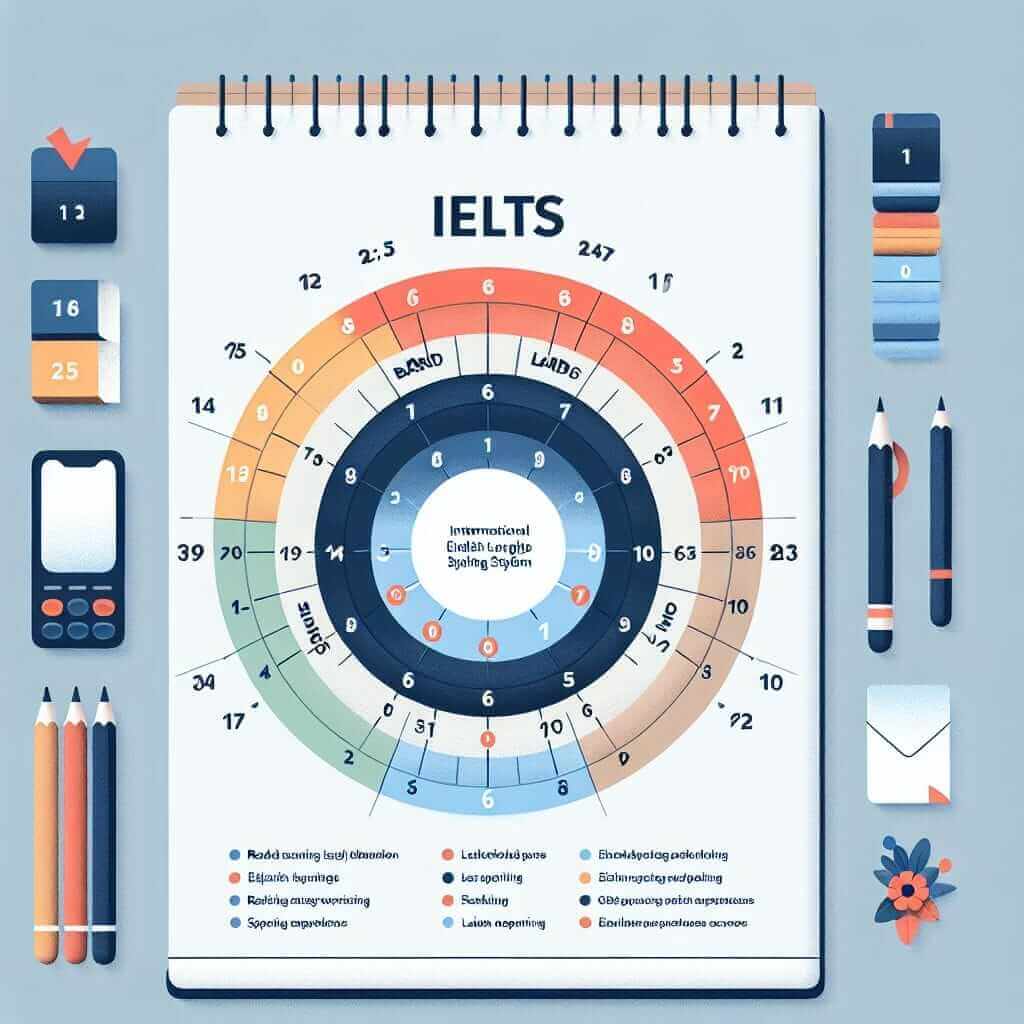Scoring an 8.0 on the IELTS exam is a significant accomplishment, demonstrating mastery of the English language. This comprehensive guide, crafted by an experienced IELTS instructor with over 20 years of experience, will delve into proven strategies and techniques to help you achieve this impressive score.
Understanding the Significance of IELTS 8.0
An IELTS band score of 8.0 is widely recognized as a mark of “very good” English language proficiency. Achieving this score opens doors to numerous opportunities, including:
- Admission to top universities worldwide: Most renowned universities require an IELTS score of 7.0 or higher, with many competitive programs seeking applicants with scores of 8.0 or above.
- Global career advancement: A high IELTS score enhances your professional profile, making you a competitive candidate for international job opportunities.
- Migration and visa applications: Many countries consider IELTS scores as part of their immigration process. An 8.0 significantly strengthens your application.
Key Strategies to Achieve IELTS 8.0
Reaching an 8.0 band score requires a multifaceted approach, focusing on all four sections of the IELTS exam: Listening, Reading, Writing, and Speaking. Let’s explore effective strategies for each section:
1. Listening
- Active Listening Practice: Engage in regular active listening practice using a variety of English accents (British, American, Australian, etc.). Utilize authentic listening materials like podcasts, documentaries, and news broadcasts.
- Keyword Recognition: Develop the skill of identifying keywords and phrases in spoken discourse. This will help you anticipate information and answer questions accurately.
- Understanding Different Accents: Familiarize yourself with different English accents. The IELTS Listening test includes a range of accents, so being accustomed to variations will boost your comprehension.
2. Reading
- Enhance Your Reading Speed: Practice speed reading techniques to improve your ability to quickly grasp the main ideas and supporting details within a passage.
- Vocabulary Building: Consistently expand your vocabulary. Pay attention to synonyms, antonyms, and idiomatic expressions.
- Understanding Question Types: Familiarize yourself with the various IELTS reading question types, such as multiple choice, sentence completion, and matching headings.
3. Writing
- Mastering Grammar and Syntax: Ensure a strong grasp of English grammar rules, including tenses, articles, and sentence structures.
- Developing Coherent Arguments: Practice constructing well-structured essays with clear and cohesive arguments. Use linking words and phrases to ensure a smooth flow of ideas.
- Understanding Task Requirements: Carefully analyze the instructions and prompts for each writing task to ensure you address all aspects of the question.
4. Speaking
- Fluency and Coherence: Practice speaking English regularly to improve your fluency and naturalness. Use a variety of discourse markers and connectors to link your ideas smoothly.
- Lexical Resource: Demonstrate a wide range of vocabulary, using less common words accurately and appropriately.
- Pronunciation and Intonation: Pay attention to your pronunciation, intonation, and stress patterns. Clear and natural-sounding speech contributes significantly to a high speaking score.
Illustrative Examples from IELTS Practice Tests
Speaking Part 2 Topic:
Describe a time you helped someone.
Sample Answer Demonstrating Band 8.0 Proficiency:
“I recall a time when I assisted a colleague who was struggling with a particularly challenging project. Having encountered similar obstacles in the past, I could empathize with his frustration. I offered to share some strategies that had proven effective for me, such as breaking down the project into smaller, manageable tasks and utilizing specific time management techniques. I also provided constructive feedback on his progress, highlighting areas where he excelled and suggesting refinements where needed. Ultimately, my support empowered him to overcome the challenges and successfully complete the project, which was incredibly rewarding to witness.”
Analysis:
This response demonstrates several key features of a Band 8.0 speaking performance:
- Fluency and Coherence: The speaker communicates ideas smoothly and effortlessly, using a range of linking words and discourse markers (e.g., “having encountered,” “ultimately,” “which was incredibly rewarding”).
- Lexical Resource: The speaker employs sophisticated vocabulary (e.g., “challenging,” “strategies,” “constructive feedback,” “empowered”) appropriately and accurately.
- Grammatical Range and Accuracy: The response exhibits a high degree of grammatical accuracy and uses a variety of complex sentence structures.

Effective Tips to Maximize Your Score
- Practice Regularly: Consistent practice is key to success in any standardized test, and the IELTS is no exception.
- Seek Feedback: Obtain feedback from experienced IELTS instructors or language partners to identify areas for improvement.
- Time Management: Develop effective time management strategies for each section of the test to ensure you can complete all tasks within the allotted time.
- Stay Calm and Focused: On the day of the exam, manage your stress levels and maintain a positive mindset.
Conclusion
Achieving an IELTS band score of 8.0 is an ambitious yet attainable goal. By understanding the significance of this score, implementing effective study strategies, and dedicating sufficient time to practice, you can enhance your English language proficiency and unlock a world of opportunities. Remember, consistent effort and a strategic approach are crucial to achieving success on your IELTS journey.